Electric and automated vehicles: how Europcar is embracing change
Lombard’s flexible financing supports a global leader in car and van hire
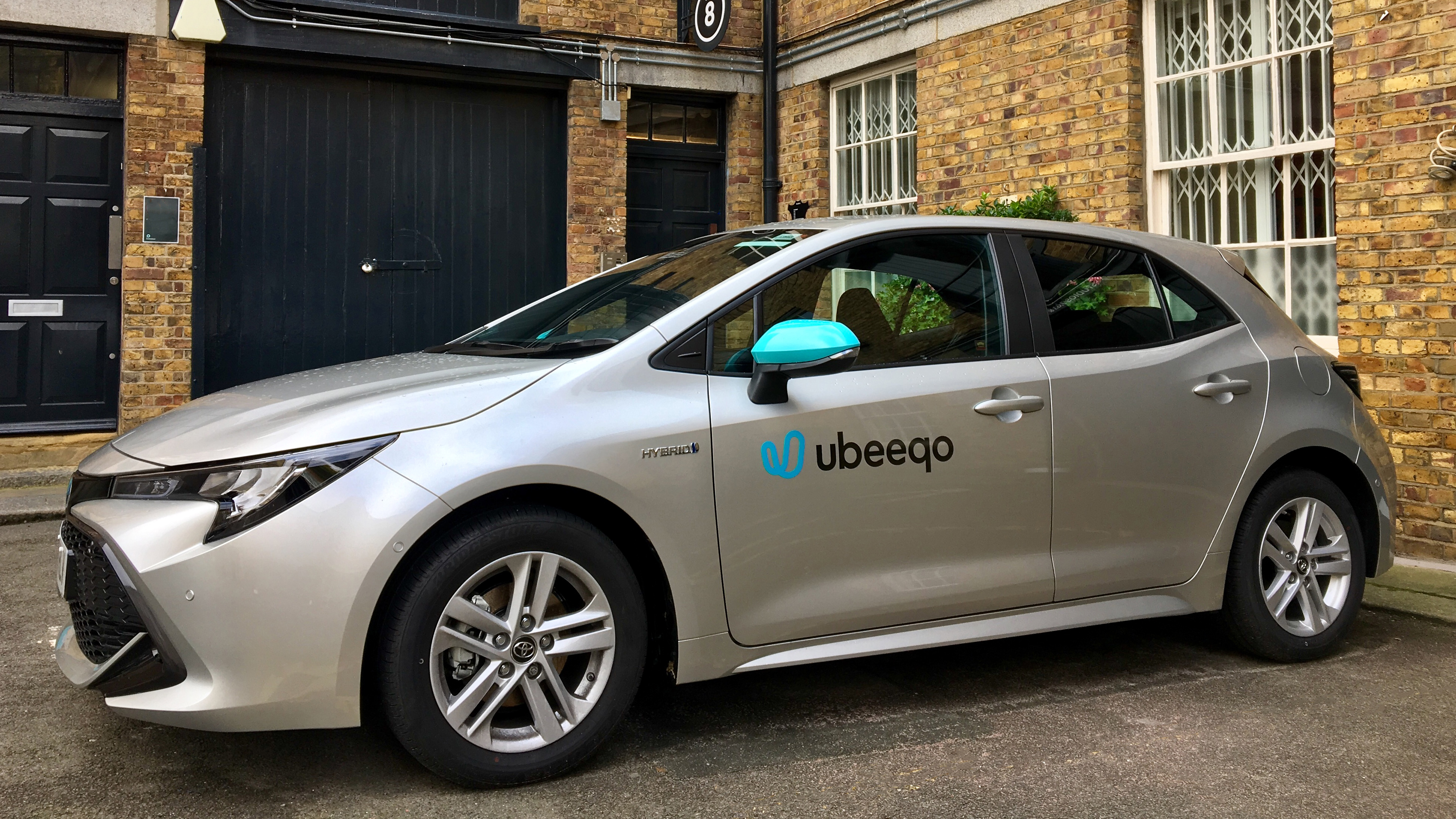
More than 120 years after electric taxis were first introduced in London - unsuccessfully, as it turned out: they failed to compete with the horse-drawn cab - it seems battery-powered vehicles are finally poised to become the norm.
Their increasing popularity will shake up vehicle industries and services, as will self-driving cars, which may shape society as profoundly as the internal combustion engines that eventually replaced horses. If vehicles become fully autonomous, will owning them still seem worthwhile, or will we instead hail cars, Uber-style, as and when we need them?
After 60 years in car and van hire, Europcar is in no doubt that this is the way things are going. “We believe that there will be a sizeable shift away from vehicle ownership, and businesses and individuals will seek to have access to vehicle assets rather than owning them,” says Gary Smith, the managing director of Europcar Mobility Group UK.
The Week
Escape your echo chamber. Get the facts behind the news, plus analysis from multiple perspectives.

Sign up for The Week's Free Newsletters
From our morning news briefing to a weekly Good News Newsletter, get the best of The Week delivered directly to your inbox.
From our morning news briefing to a weekly Good News Newsletter, get the best of The Week delivered directly to your inbox.
Looking ahead, we might pay a monthly subscription to belong to a robot-driven taxi network, much as we currently do for our mobile phone provision. Europcar Mobility Group does not believe this will happen in the immediate future, although it expects the shift to electric power to hasten the rise of autonomous vehicles.
“As electric vehicles start to take hold, the next step towards autonomous vehicles will become more achievable,” Smith predicts. “However, this does seem to be some distance away at the moment.”
An uncertain future
For Europcar Mobility Group, flexibility is key. Technological change may be accelerating, but it is also erratic and hard to predict. Some pundits believe self-driving cars are just around the corner - though perhaps not quite yet literally - but others are less convinced.
A free daily email with the biggest news stories of the day – and the best features from TheWeek.com
As well as technical challenges - in some tests cars have performed emergency stops for something as small as a crisp packet on the road in front of them - there are legal, financial and ethical problems.
New regulation will certainly be required to ensure safety standards in self-driving cars, and attributing fault after an accident could be problematic. The insurance industry will have to adapt too.
One ethical challenge includes when to slam on the brakes. We would want a car to perform that dangerous manoeuvre, which may put other road users at risk, to avoid hitting a human being. In most countries we might do the same thing for a dog, depending on the circumstances. But what about a rabbit, or rat?
Europcar Mobility Group says it is not trying to second-guess the future, or the way in which technology and the law may develop. “The most important thing we can do at the moment is to be prepared for the changing needs of our customers,” says Smith.
Flexible financing
An agile approach requires agile financing, and Smith says this is exactly the strength of the firm’s relationship with Doug Seal, Lombard’s rental and contract relationship director, who has arranged significant fleet funding lines.
“Lombard has a flexible approach to how it supports Europcar Mobility Group UK business and we certainly anticipate that this flexibility will continue to underpin our relationship in the future,” Smith says. “Our working relationship with Lombard is very strong and Lombard has always been very supportive of us. The ongoing dialogue means that Lombard understands the needs and pressures of our business and therefore is able to support us effectively.”
How will automated & electric vehicles change the world?
- Podcast
The end of petrol: we debate the challenges and opportunities of electric cars
Listen to podcast
- Insight Report
How electric and automated vehicles are changing the world
Download now
- Age of Disruption
Embracing business agility in an ever-changing world
Learn more
Bumps in the road
For electric vehicles to become truly universal, Britain needs to radically increase the availability of charging points. This is “the biggest challenge”, says Smith: “to ensure the charging infrastructure supports the increasing footprint of electric vehicles on UK roads”.
The impetus for this step-change will come from the pressure to reduce emissions imposed by central and local government - and Europcar Mobility Group is working with HM Treasury and the Government to help it achieve its target of net zero emissions by 2050.
But for Europcar Mobility Group, the old cliché that every challenge is an opportunity rings true. “I firmly believe that businesses like ours can play a fundamental role in helping organisations manage how their people and goods get around,” Smith says.
Smith says the firm is “wholeheartedly committed” to the integration of electric vehicles into its fleets. “We already use electric vehicles to support our deliver-and-collect services, thereby reducing emissions for getting vehicles to and from our customers,” he explains.
Other Europcar Mobility Group subsidiaries have specialised in electric vehicles. “Ubeeqo with its electric car share brand, E-Car Club, also offers access to electric vehicles for personal car use around the country as well as for public and private sector organisations aiming to reduce their emissions.”
For Europcar, and for Lombard, the key to steering into an uncertain future is to stay flexible - and listen to what customers want.
To find out more about how autonomous and electric vehicles are changing the world, download our in-depth report

To find out how Lombard could help your business or to get a free quote, visit Lombard.co.uk, call us on 0800 502 402, or text Relay 18001 0800 502 402
Security may be required. Product fees may apply. Finance is only available for business purposes
-
 The EU’s war on fast fashion
The EU’s war on fast fashionIn the Spotlight Bloc launches investigation into Shein over sale of weapons and ‘childlike’ sex dolls, alongside efforts to tax e-commerce giants and combat textile waste
-
 How to Get to Heaven from Belfast: a ‘highly entertaining ride’
How to Get to Heaven from Belfast: a ‘highly entertaining ride’The Week Recommends Mystery-comedy from the creator of Derry Girls should be ‘your new binge-watch’
-
 The 8 best TV shows of the 1960s
The 8 best TV shows of the 1960sThe standout shows of this decade take viewers from outer space to the Wild West
-
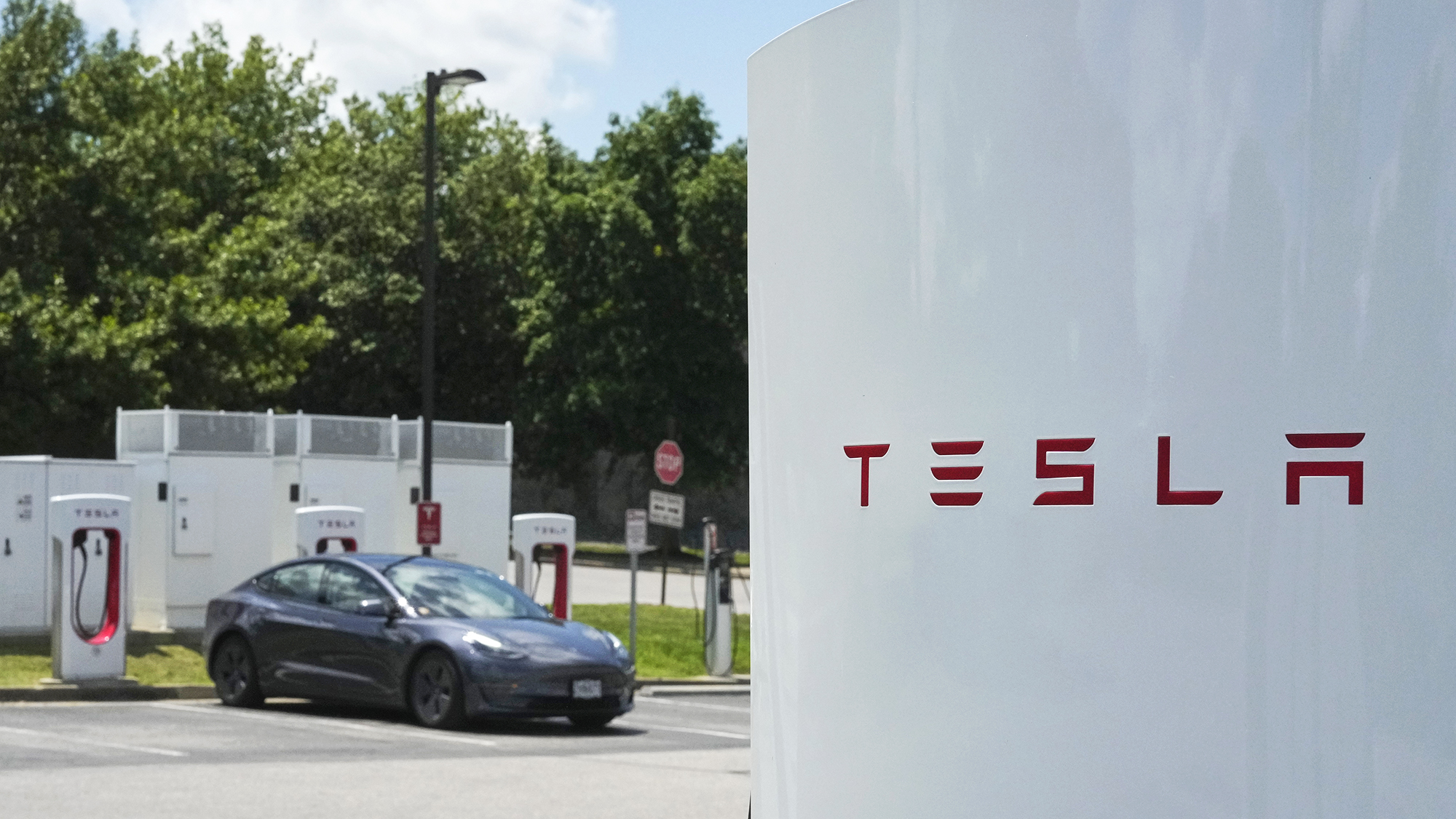 Tesla reports plummeting profits
Tesla reports plummeting profitsSpeed Read The company may soon face more problems with the expiration of federal electric vehicle tax credits
-
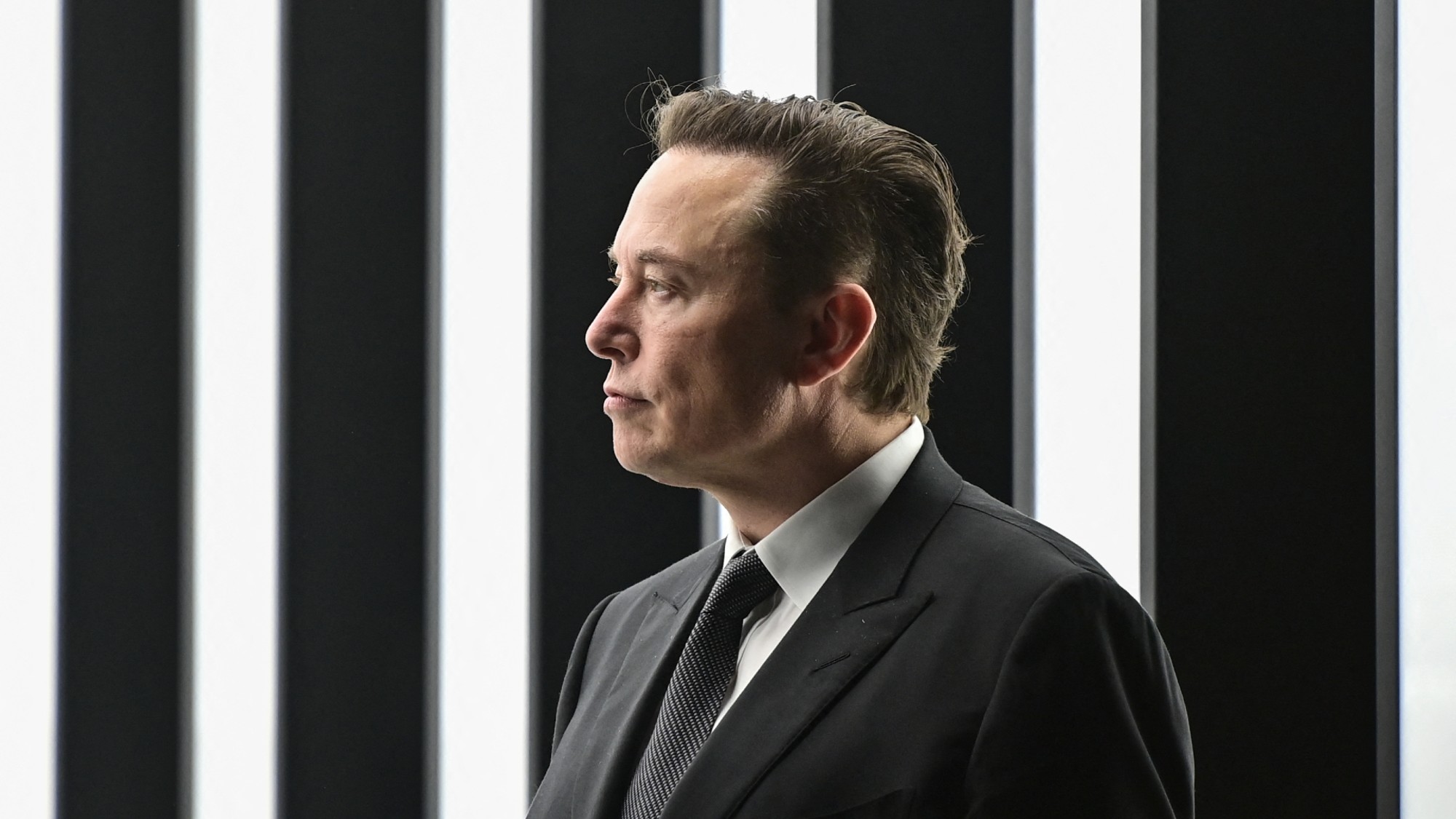 How could Tesla replace Elon Musk?
How could Tesla replace Elon Musk?Today's Big Question The company's CEO is its 'greatest asset and gravest risk'
-
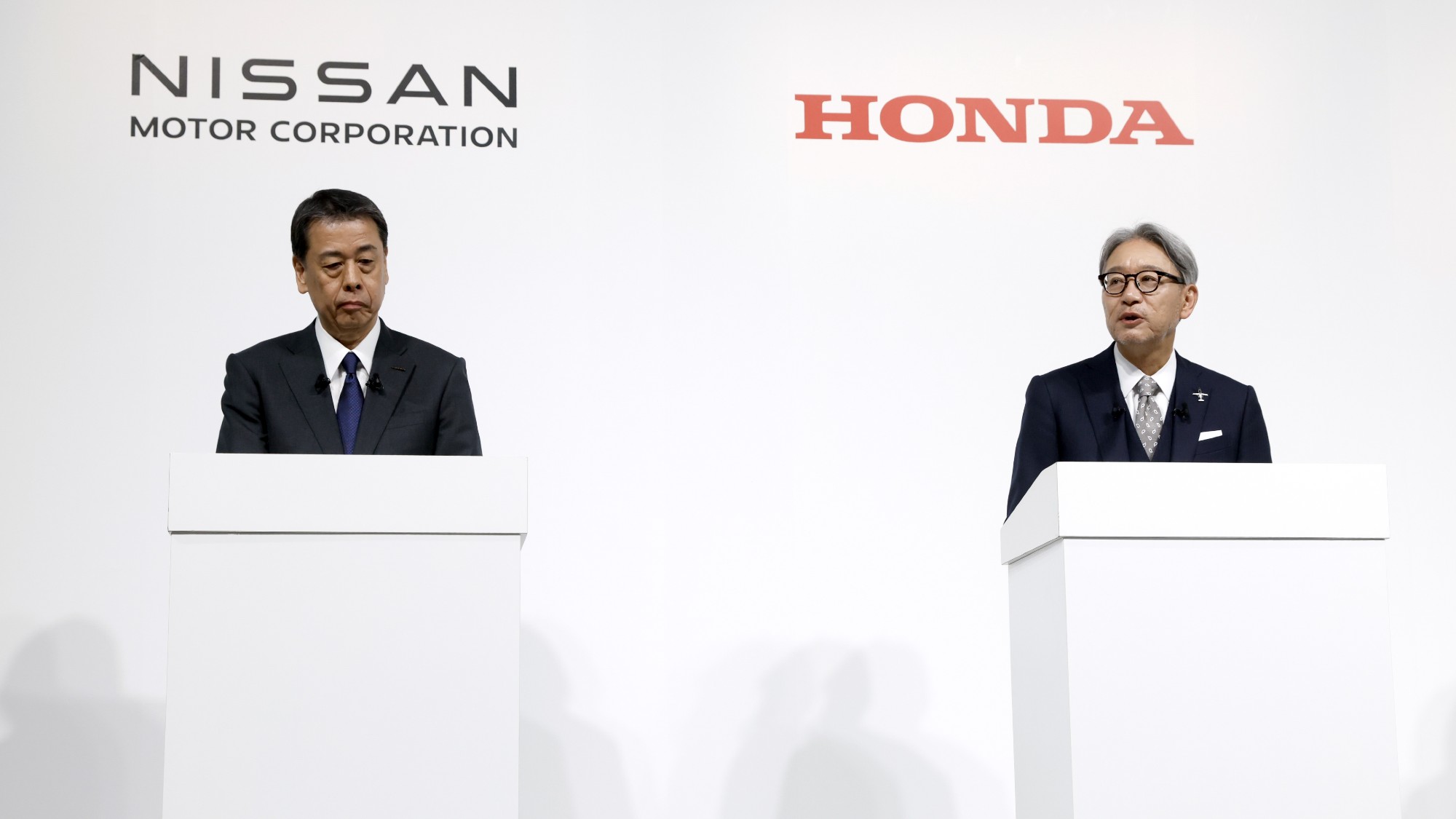 What went wrong at Nissan?
What went wrong at Nissan?In the Spotlight And will a merger with Honda make the difference?
-
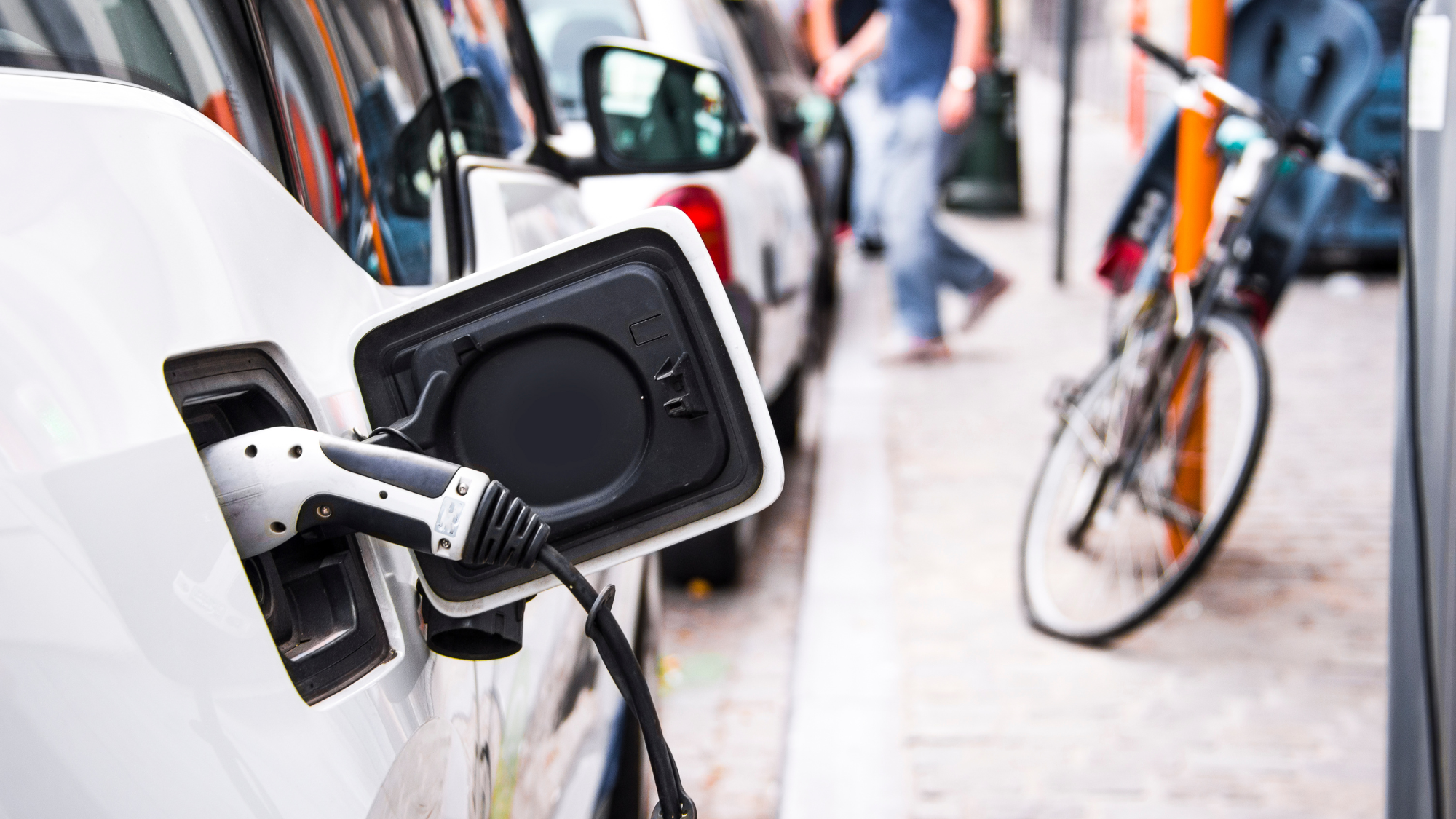 How the UK's electric car plans took a wrong turn
How the UK's electric car plans took a wrong turnThe Explainer Car manufacturers are struggling to meet 'stringent' targets for electric vehicle sales
-
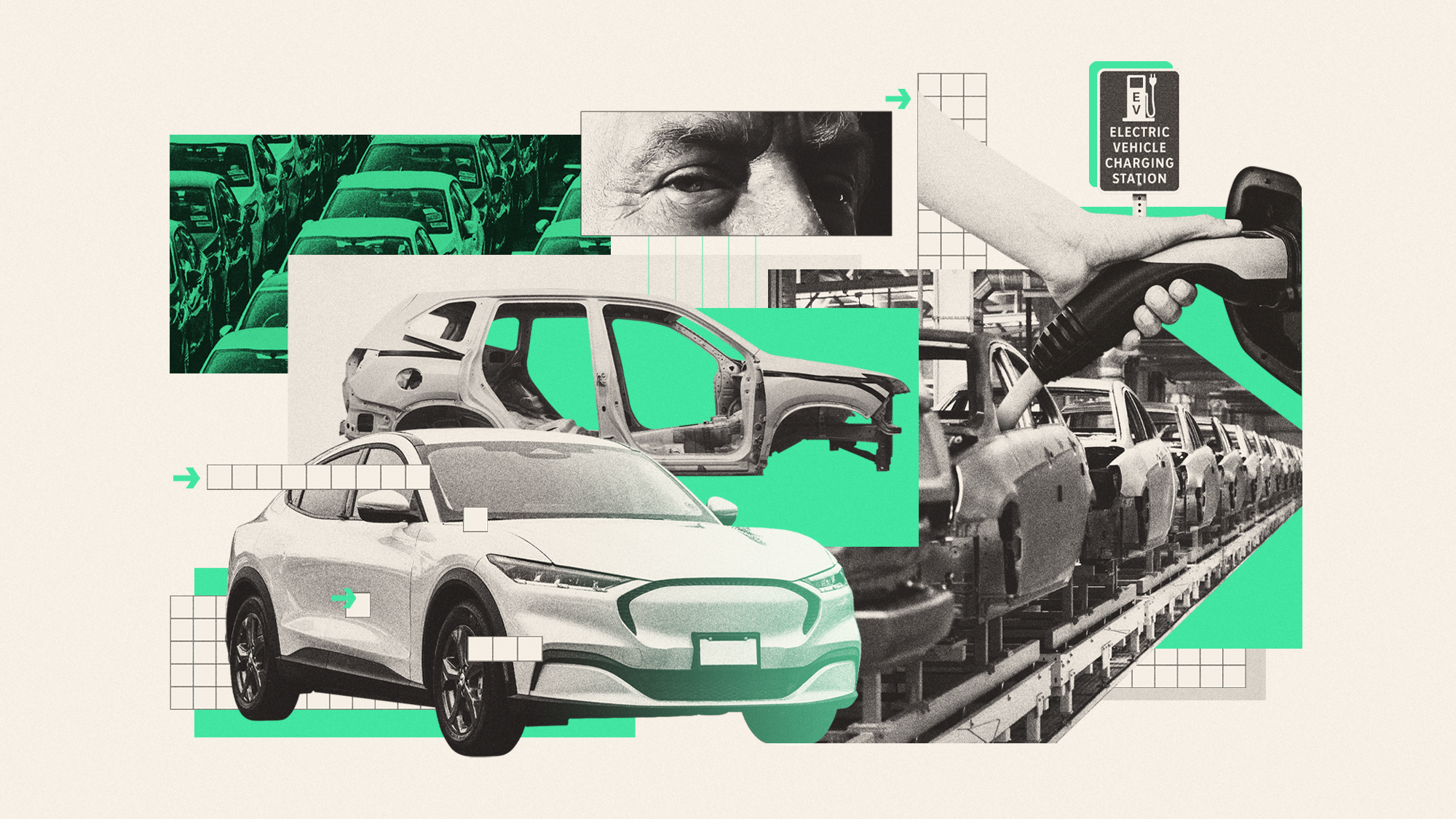 What's next for electric vehicles under Trump?
What's next for electric vehicles under Trump?Today's Big Question And what does that mean for Tesla's Elon Musk?
-
 Volkswagen on the ropes: a crisis of its own making
Volkswagen on the ropes: a crisis of its own makingTalking Point The EV revolution has 'left VW in the proverbial dust'
-
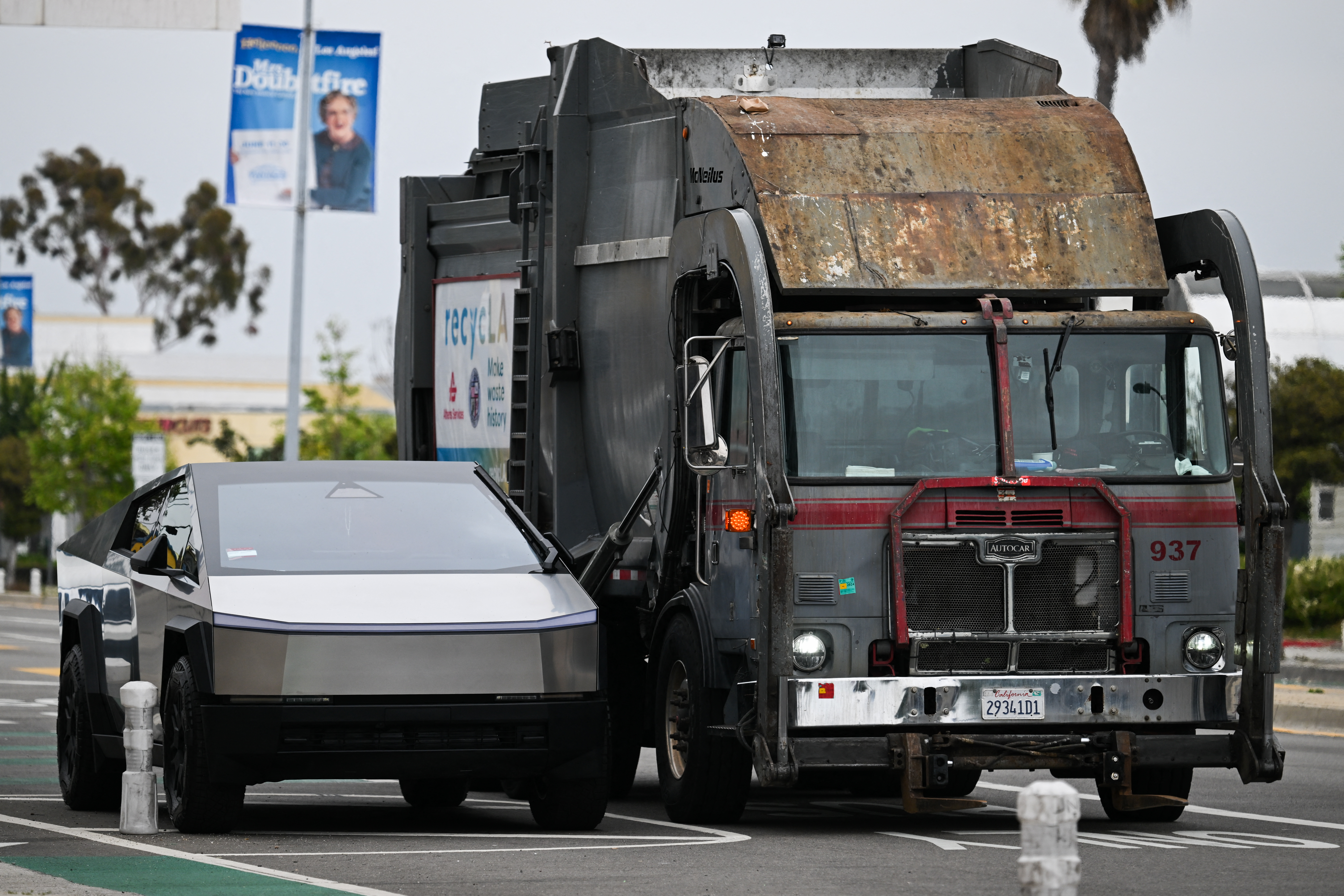 What Tesla's yo-yo-ing stock means for its future
What Tesla's yo-yo-ing stock means for its futureTalking Points Elon Musk's electric vehicle company is undeniably a juggernaut in its field, but it is not invulnerable
-
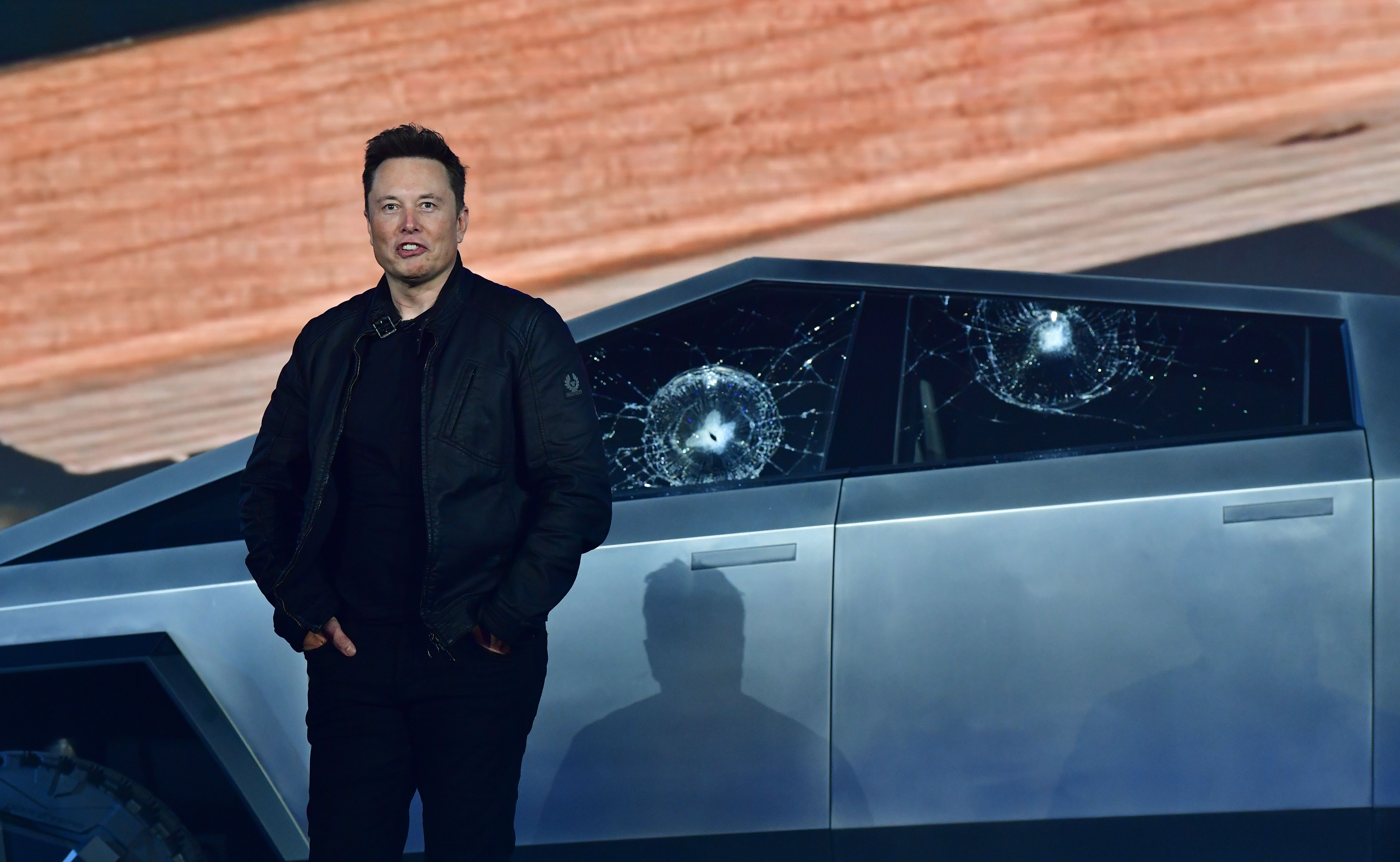 Elon Musk's future at Tesla may hang in the (very expensive) balance
Elon Musk's future at Tesla may hang in the (very expensive) balanceTalking Points The iconic electric vehicle's board must convince shareholders it's worth awarding their tech titan CEO a $50 billion pay compensation package — or he might walk
